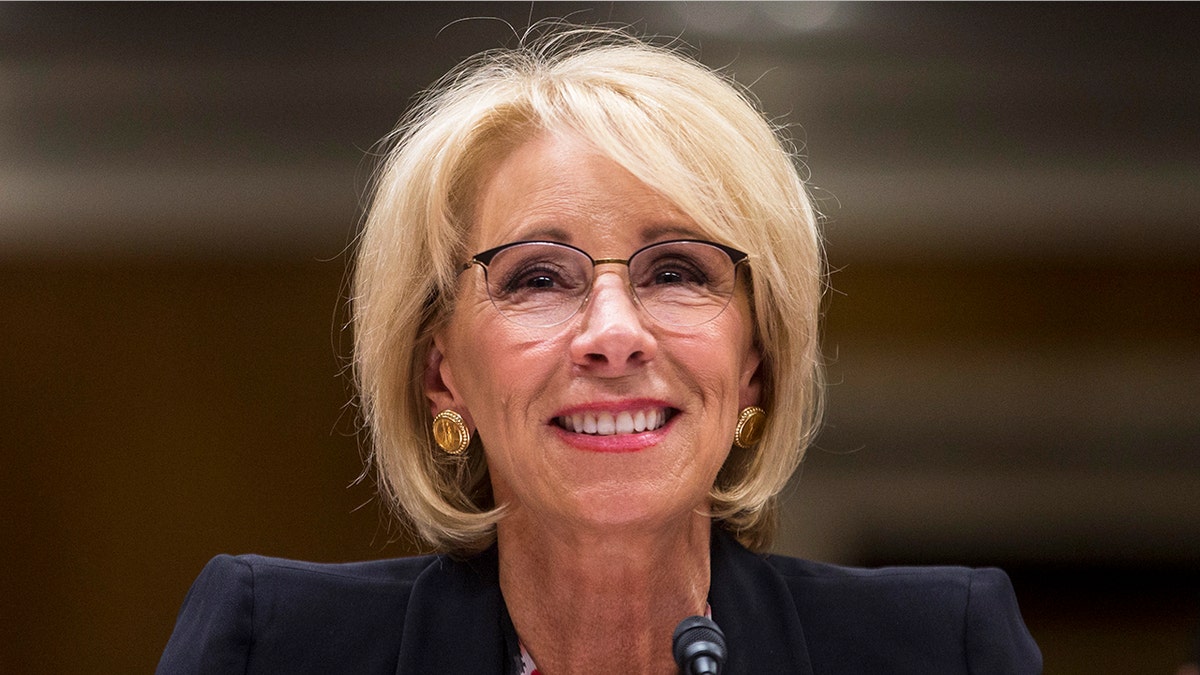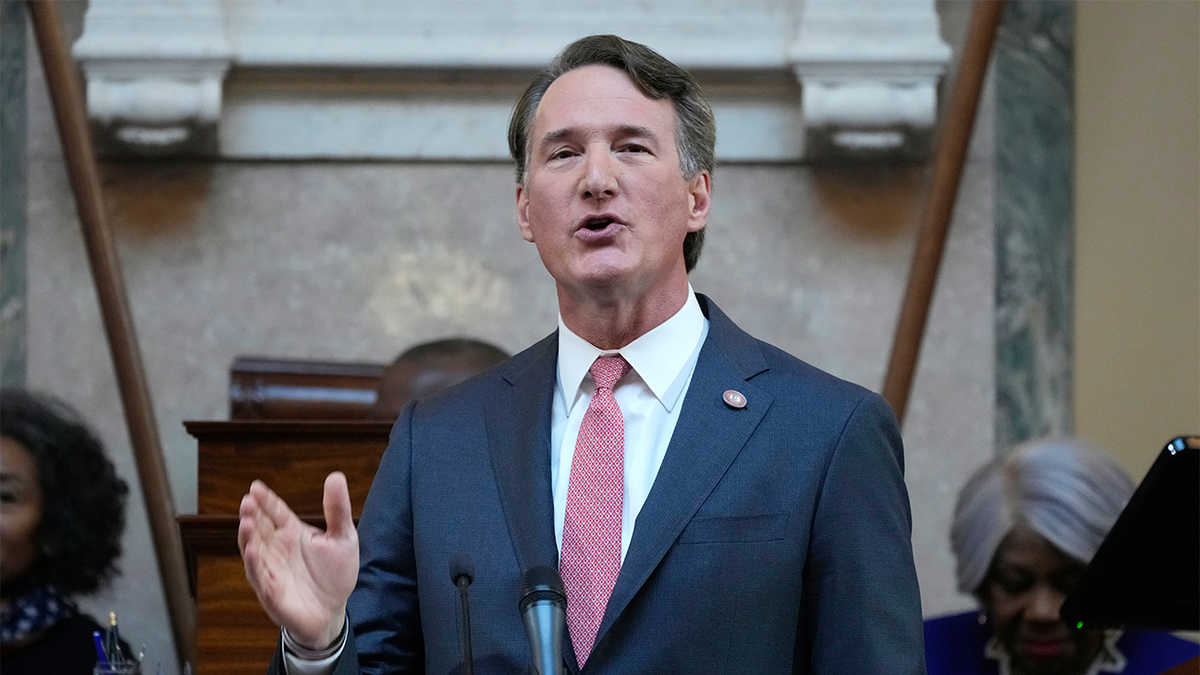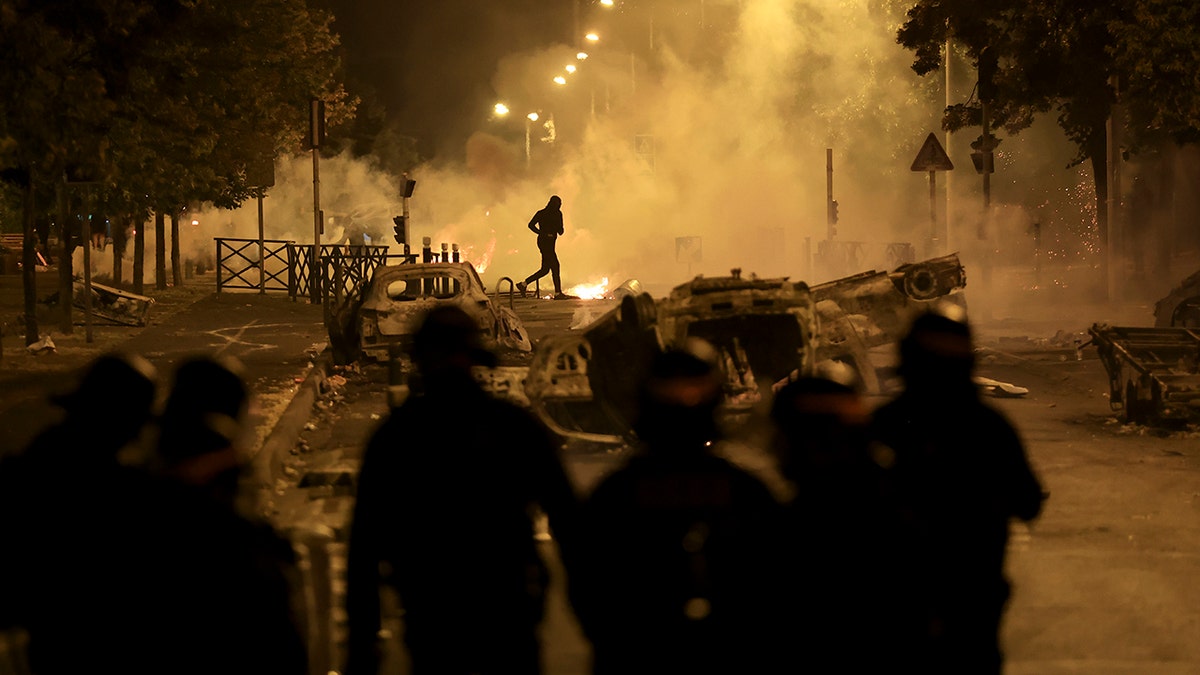In anticipation of a surge in deportations under the reinstated Trump administration, the Mexican government is rapidly establishing temporary shelters in Ciudad Juárez and other border cities. These encampments are designed to accommodate thousands of Mexican nationals expected to be returned from the United States as part of President Trump's renewed focus on immigration enforcement.
City official Enrique Licon described the initiative as "unprecedented," highlighting the scale of the preparations. The shelters will offer basic necessities such as food, medical attention, temporary lodging, and assistance in obtaining identity documents. The government also plans to provide transportation for those deported back to their hometowns.
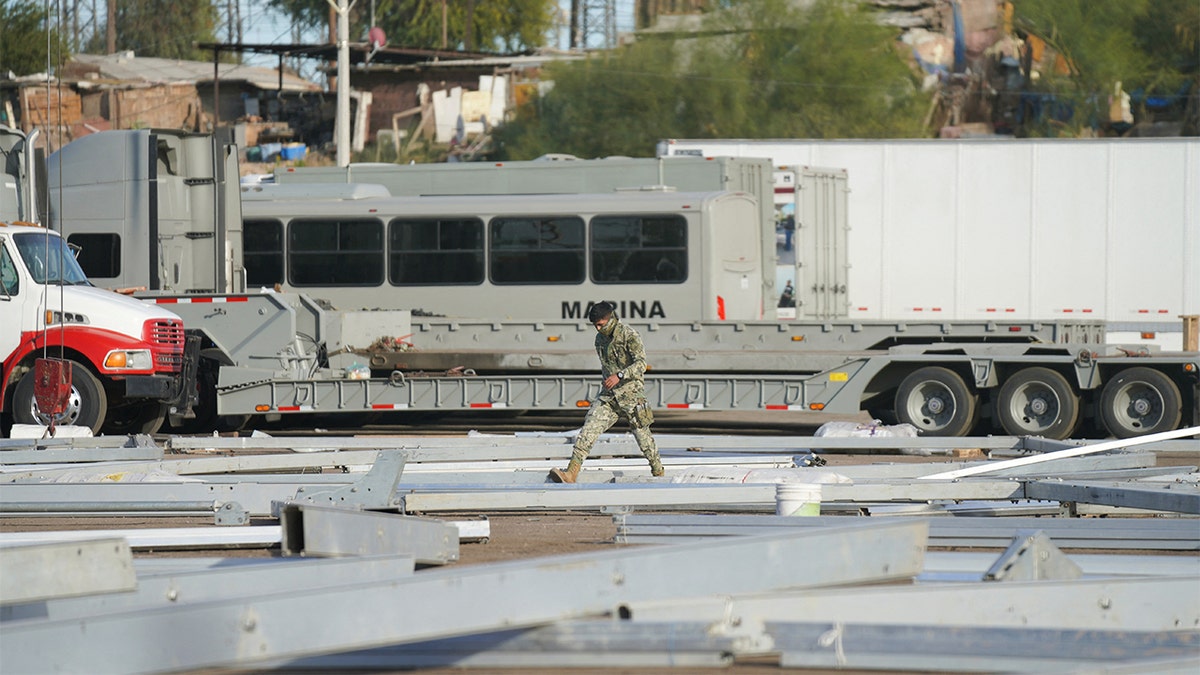
Workers prepare a temporary shelter in Mexicali, Mexico. (REUTERS/Victor Medina)
This development comes as Immigration and Customs Enforcement (ICE) has intensified its operations, resulting in over 460 arrests within a 33-hour period. The targeted individuals have criminal records, including offenses ranging from drug and weapons charges to violent crimes. Those arrested represent a diverse range of nationalities, underscoring the broad scope of the enforcement efforts.
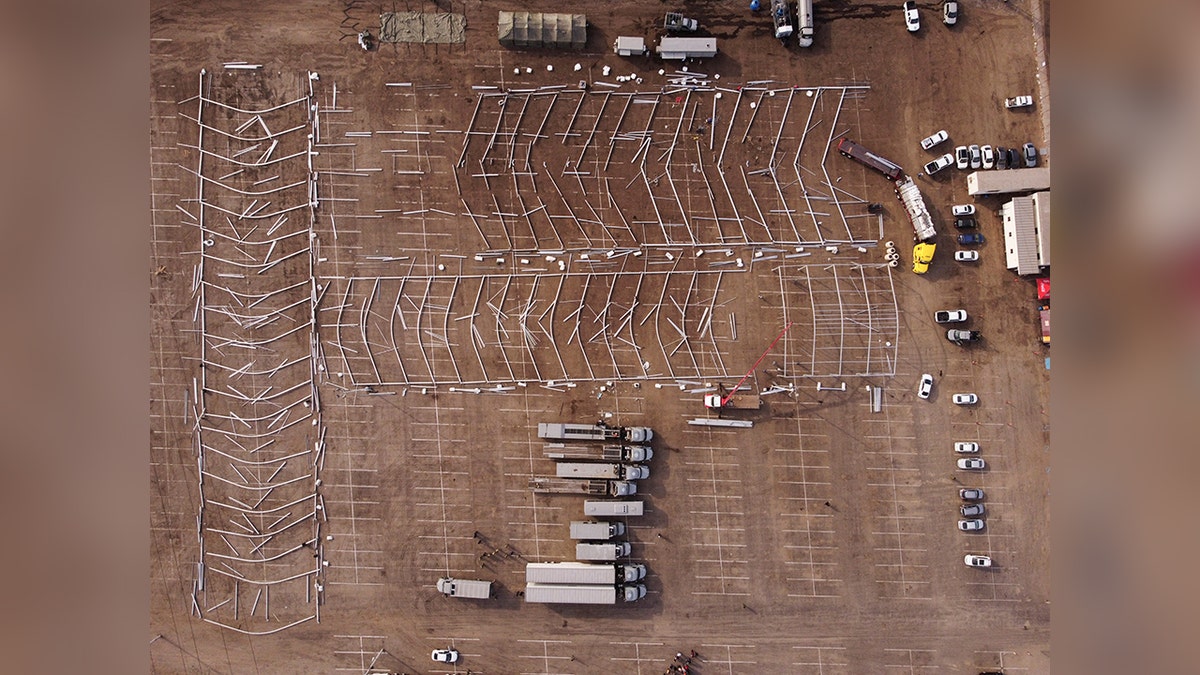
An aerial perspective of shelter construction in Mexicali, Mexico. (REUTERS/Victor Medina)
The arrests have been conducted across multiple states, from Illinois and Utah to California, New York, Florida, and Maryland. These operations reflect the administration's commitment to fulfilling Trump's campaign promise of increased deportations.
According to estimates from the Mexican think tank El Colegio de la Frontera Norte (COLEF), nearly five million Mexicans currently reside in the United States without authorization. Many originate from regions in central and southern Mexico grappling with poverty and violence, further complicating the situation.
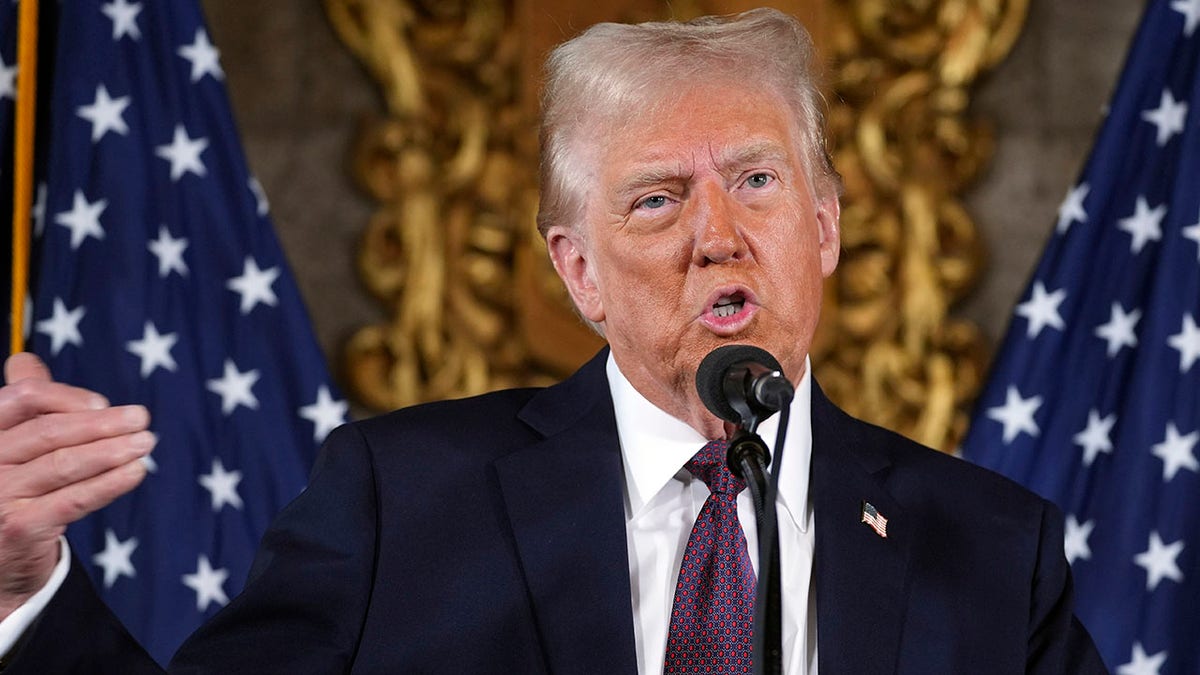
President Trump has reinstated stricter immigration policies. (AP Photo/Evan Vucci)
The Trump administration has also moved swiftly to reverse previous immigration policies. The CBP One app program, which facilitated legal entry appointments for migrants in Mexico, has been terminated. Additionally, the Migrant Protection Protocols (MPP), requiring non-Mexican asylum seekers to remain in Mexico while their cases are processed, has been reinstated. While immigration advocates express concerns about the potential strain on Mexico's resources, Mexican Interior Minister Rosa Icela Rodriguez has assured the public that the government is prepared to handle the influx of deportees.

